Guide to Budget Travel for Students [Saving Money]
For an authentic local experience, farmers markets and community gardens provide vibrant snapshots of regional life. These bustling hubs typically charge no entry fee and overflow with colorful produce, handmade crafts, and sometimes live music. Strike up conversations with vendors to uncover secret recipes or learn about seasonal specialties. You might leave with free samples and new friends!
Discovering Free Museums and Galleries
Culture vultures rejoice! Many prestigious museums waive entrance fees during specific hours or days. The Metropolitan Museum of Art in New York and London's Tate Modern offer famous pay-what-you-wish policies. Always check museum websites before visiting – some require timed tickets even for free admission days. Insider secret: Smaller university museums often showcase extraordinary collections without the tourist crowds.
Don't overlook pop-up galleries and street art districts, where emerging artists display provocative works. These grassroots spaces pulse with creative energy and frequently host artist talks. Local libraries sometimes double as exhibition spaces, blending literary and visual arts in unexpected ways.
Leveraging Free Events and Festivals
Every destination has its rhythm, and free public events provide the perfect beat. Summer concert series in city parks or winter holiday markets create unforgettable memories without ticket stubs. Check tourism board calendars and community bulletin boards for hidden gems like neighborhood block parties or cultural celebrations.
University towns particularly shine with free lectures, film screenings, and science demonstrations. These intellectual playgrounds welcome visitors to sample cutting-edge ideas. Pro tip: Campus events often include complimentary refreshments – a bonus for hungry explorers!
Utilizing Free Walking Tours
Local-led walking tours deliver priceless urban insights while keeping wallets full. Knowledgeable guides share architectural secrets, historical scandals, and the best cheap eats along the route. Remember: While free, these tours thrive on tips – budget $5-10 per person as courtesy. Early morning tours often showcase cities at their most photogenic, with golden light and empty streets.
Participating in Free Community Activities
Public libraries transform into cultural epicenters with free language exchanges, craft workshops, and author readings. Community centers frequently offer introductory classes in everything from salsa dancing to pottery. These hands-on experiences create deeper connections than passive sightseeing. Don't be shy – locals love sharing their passions with curious visitors!
Embracing Free Entertainment Options
Outdoor cinema under the stars or public park performances deliver magical evenings without box office prices. Many cities host Movies in the Park series during summer months – bring a blanket and picnic for a perfect date night. Street performers in historic districts often showcase world-class talent, with hat-passing optional.
Smart Travel Strategies for Students: Flights, Transportation, and More
Finding Affordable Flights
Student travel demands creative flight hacking. Set price alerts on multiple platforms and be ready to book when fares dip. Consider skiplagging – booking flights with layovers at your true destination. Warning: Airlines discourage this, so travel carry-on only. Secondary airports often offer better deals; the extra transit time might reveal unexpected local charm.
Student discount programs like ISIC unlock exclusive airfare reductions many travelers miss. Some airlines offer youth fares for passengers under 26 – always ask when booking. Red-eye flights typically cost less and maximize daylight exploration time upon arrival.
Optimizing Transportation During Your Trip
Public transit passes provide unlimited rides at steep discounts compared to single tickets. Many cities offer tourist passes combining transportation with attraction discounts. Walking tours double as orientation – you'll learn the layout while saving on guided excursions.
For regional travel, ride-sharing boards at hostels connect travelers heading the same direction. Always confirm details beforehand and trust your instincts. Some train systems offer youth discounts or group rates – traveling with new friends can slash costs.
Accommodation Tips for Budget-Conscious Travelers
House-sitting platforms provide free lodging in exchange for pet care or plant watering. University dorms often rent vacant rooms during breaks at student rates. Some religious organizations offer modest rooms to travelers at symbolic prices.
When comparing hostels, consider location versus price. A slightly more expensive downtown hostel might eliminate transportation costs. Look for kitchens, free breakfast, and social events that enhance value beyond the bed itself.
Smart Strategies for Food and Activities
Local markets become culinary classrooms where samples and conversations flow freely. Many bakeries discount day-old bread perfect for picnic lunches. Happy hour specials at restaurants often include discounted appetizers substantial enough for meals.
University bulletin boards advertise paid research studies or focus groups – an unconventional way to fund travel experiences. Some theaters need volunteer ushers who can watch performances for free. Always carry your student ID – discounts hide in unexpected places!
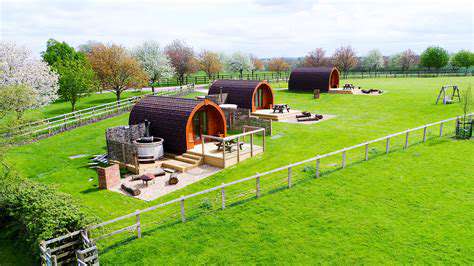

![How to Travel on Points and Miles [Travel Hacking]](/static/images/27/2025-05/StayingUpdatedontheLatestTravelHackingTrendsandOpportunities.jpg)
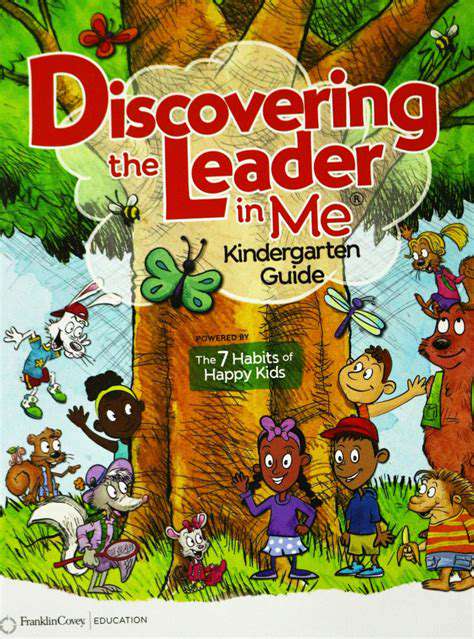

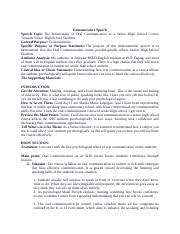

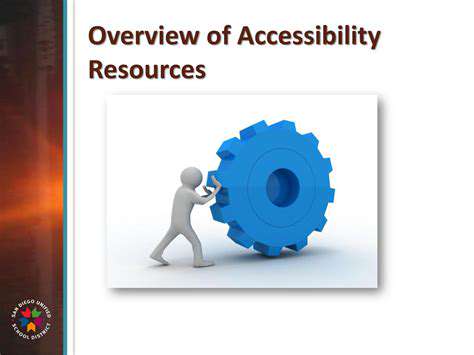
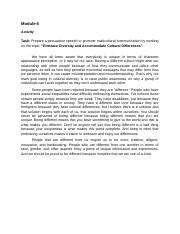
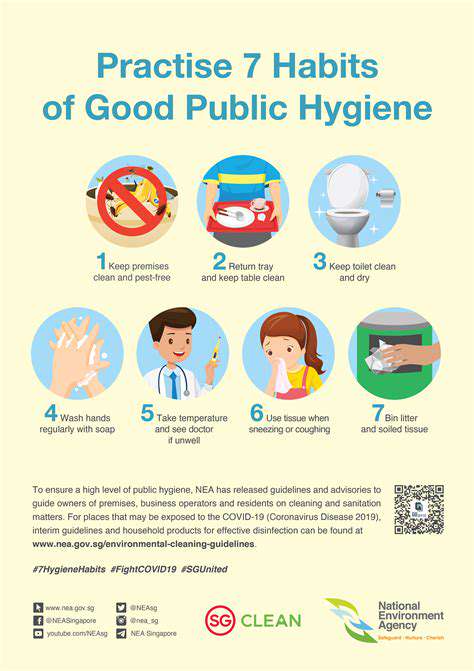

![How to Find Cheap Flights: My Proven Hacks [2025]](/static/images/27/2025-05/BeyondtheBasics3AStrategiesforSavingEvenMore.jpg)